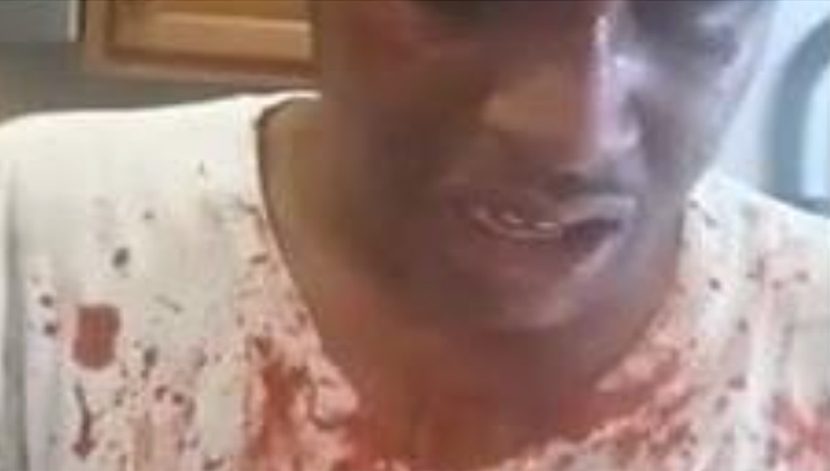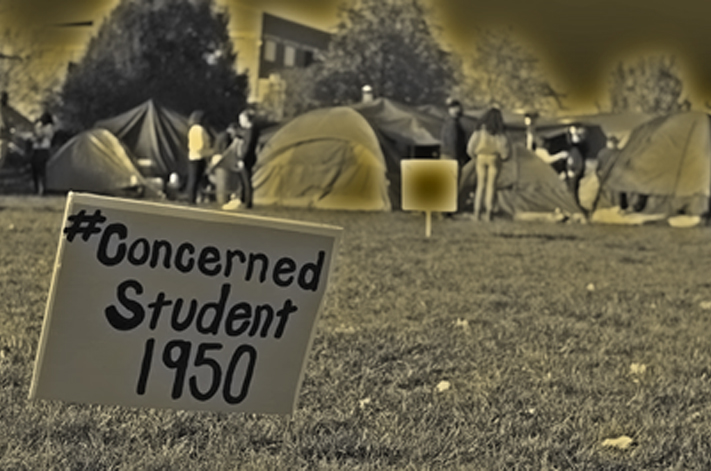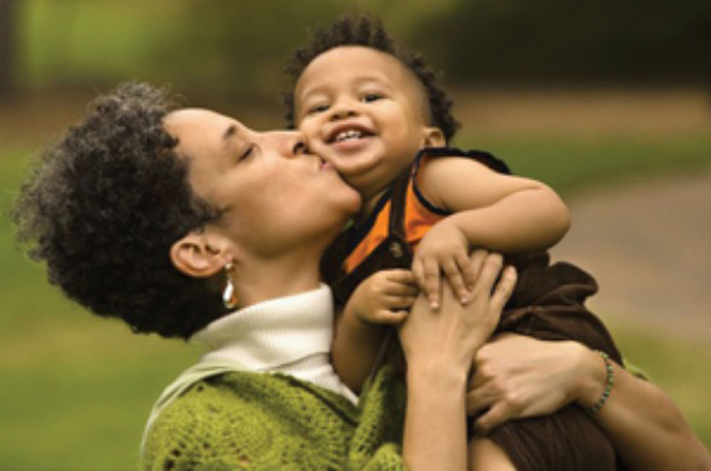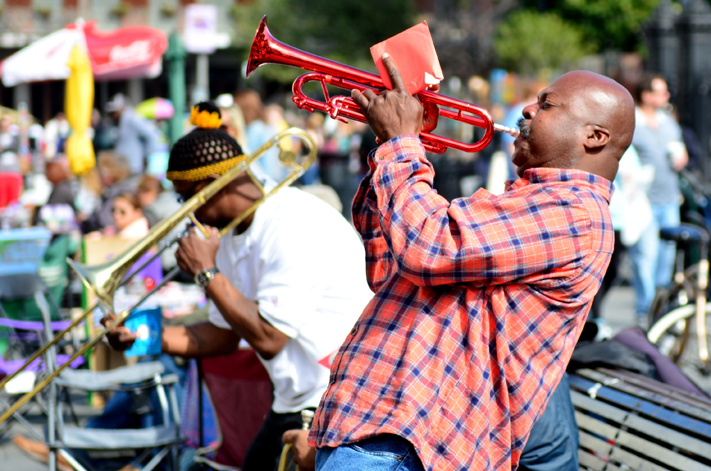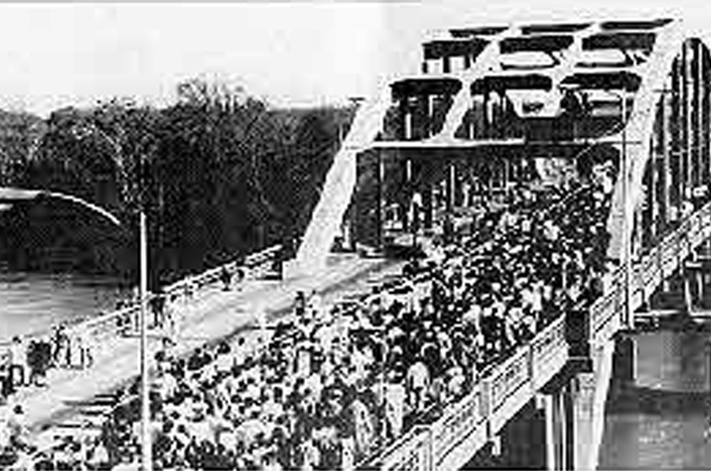Project Description
'I have no interest in ignoring or erasing the past—not mine, nor history writ large. But as a teacher and coach, I saw me in my students, and I did work quite seriously at rehabilitating the worst aspects of my redneck past that I saw in those students and athletes.'
Our daughter was born in 1989, and I am sure we almost immediately began dreaming of her athletic exploits.
Although my wife and I had shared a love for basketball and mostly played sports traditional in the U.S., we registered our daughter at age 4 in recreational soccer, which neither of us had ever played or even watched.
For two or three years, my daughter languished in soccer (or so it seemed to my wife and me), and each time registration came around, we would carefully ask her if she was sure she wanted to play—because it seemed to us that she wasn’t really all-in, wasn’t really cut out for soccer (or maybe sports at all).
A great deal of recreational soccer was social, and our daughter was forming a close group of friends, all of whom were building some of their identity around playing soccer.
Eventually since we were athletes, and my wife was a high school coach (volleyball), the rec league coerced us to coach. That first year my wife coached our daughter, my daughter was a marginal player on a team with one player clearly elite.
As competitive people by nature, my wife and I coached as we played, to win; thus, the elite player received the playing time and praise, and my wife and I accepted more and more that our daughter wasn’t the fanatical athlete we have been, that we anticipated in our off-spring.
I really believe we were both quite fine with that.
Until one day at a match—I remember this clearly, but admit such memories are often embellished—I watched the two teams take the field for the usual Saturday morning play.
My daughter then was a frail and energetic soul—always a joy to watch do anything. So I was watching her.
She scanned the opposing team, and immediately when the match started, she darted toward the largest girl on the other team, knocking her down and then standing over her for a brief second to be sure she got the message.
Not long after that day, while I sat in a doctoral class about an hour and a half away, my wife watched my daughter score six goals in a rec match.
Something had clicked, and in a few years, my daughter soon moved to club soccer.
From the age of 10 until she graduated high school, she was one of the fastest, most graceful, and most intense soccer player I ever witnessed.
Although she looks more like a cheerleader or an all-finesse, don’t-touch-me striker, she became an elite defender—her club team winning state championships and making a strong impact on regional soccer. My daughter was also the SC MVP in the first SC/NC all-star high school match.
To this day (she is in her mid-20s, recently married and a mother), my daughter will watch U.S. football and regret she doesn’t get to hit people any more.
My wife and I, then, spawned an intense and competitive child, who once played a club soccer match on a broken ankle and started her high school senior season pretending (i.e., lying about) her ribs weren’t broken so she could play.
There was a certain karmic balance to the weeks leading up to Coach K at Duke University winning his 1000th game as a head coach.
At about the age of 10, I became an ardent Duke fan—primarily because my mother and maternal grandfather were—more than a decade before Coach K would arrive. I have been a serious sports fan ever since, although in the last 8 or so years that has gradually become more and more of a problem for me.
That ethical dilemma is best captured in the moments when Coach K crosses himself before games and then when he is shouting profanities at his players.
As the lionizing of Coach K escalated in anticipation of his being the first male coach to hit 1000 wins at the top level of college basketball, I have wrestled more and more with the boy and young man who lived and died by Duke basketball—the same young man who saw in his daughter and encouraged in her as well the sort of athletic zeal that now makes me very uncomfortable.
My Coach K problem is linked like Coach K himself to my Bobby Knight problem.
Knight and Coach K embody my passion, my nearly demonic passion for competing at the highest level. But both coaches also embody everything I reject about coaching.
As a coach, I was a hard-ass, and I was very demanding of my players and myself. But I never shouted profanities at them, and I tried never to demean them, to intrude on their dignity.
As a soccer coach, I often stood on the sidelines adjacent to the opposing team—not across the field as in many other sports. Once while at an away match, the opposing coach was the extreme version of a screaming profane coach.
While one of my defenders (who often bristled at my demanding nature) was briefly out of the match and standing beside me, he turned to me and said, “I know I complain a lot about you, but I sure am glad you don’t act like that coach.”
And so was I, and I very much appreciated his telling me that—because I knew he mostly clenched his teeth all the times we clashed about my demands for their commitment and excellence.
When I agreed to become the soccer coach while teaching English at my hometown high school, I had two foundational commitments. One was I wanted to have the support to do the job right, and two was I wanted to start a girls program—with my eye on my daughter and her friends having a team when they were older.
Something I miss dearly about no longer teaching at that high schools is also about tension. As a white, male redneck myself, I knew my white, male redneck students—and especially my white, male redneck players on the teams I coached. That knowledge created an odd and even palpable tension among us—part brotherhood, and part distrust.
Committing to doing my job as soccer coach right meant that I had to learn soccer quickly—having never played myself—but it also meant I had to build a program (and not just a team) and a culture of professionalism—all of which I had come to understand through my daughter’s club soccer experiences.
That effort at building a culture of professionalism antagonized players, parents, and fans at matches.
I have no interest in ignoring or erasing the past—not mine, nor history writ large. But as a teacher and coach, I saw me in my students, and I did work quite seriously at rehabilitating the worst aspects of my redneck past that I saw in those students and athletes.
Step one with my soccer team was addressing warming up before matches. Before I took over, the team prepared for the matches in a way that reminded me of a carnival—lots of mayhem and lots of yelling and laughing.
If there is one thing about being a redneck that is our fatal flaw it is our proclivity to be loud and brash—an unwarranted arrogance that rips through anyone, any time like a tornado through a trailer park in springtime.
My players loved to play soccer; they begged every practice to scrimmage, only. But there was no sense of practice, and no grasp of the purposeful dedication to detail that was required to be successful.
Practices were a constant battle—how to instill the importance of drills, but also how to convince players to practice well.
So warm ups became the key turning point for moving the team from a doormat for other teams to a solid high school soccer team.
The team was entrusted with running warm ups on their own—guided by captains, but everyone’s responsibility. And the new norm was silence. The routine was precise, and the effect was crucial—as we immediately appeared to be a team with a mission, a team that was all in.
And it is in these efforts that my inner-Coach K and inner-Bobby Knight were on display. I have never been one for discipline or authoritarianism, but I have always been drawn to doing things right—with care, purpose, and precision.
Doing things right remains in our control, while being gifted is at the whim of the gods.
As a wanna-be athlete, as a teacher, as a coach, as a parent—nearly to a fault (if not to a fault), I sought to do these commitments right.
For all his flaws that we seem to ignore, Coach K, for me, embodies that same drive—as did Bobby Knight, Larry Bird, Tiger Woods, Bill Russell, Muhammed Ali, and many, many athletes I admired, like my daughter and my wife.
It is an intensity to be admired, an intensity destined to cross lines we shouldn’t cross.
Several years past 50 now, with my daughter a mother, I am often reflective about my redneck past—one that included many years of being a sports fan and being a zealous father of a daughter/athlete playing soccer at the highest levels.
In some, if not many ways, I wish I could go back and avoid much of that. I think I asked too much of my daughter—although she loved those soccer years and the friends and accolades she gathered.
I think I may be at the end of the fandom journey as well. Such loyalties die hard, I am afraid, but I am more and more uncomfortable about how coaches treat athletes (in fact, I have always been disturbed by that) and the prices athletes pay for their sport.
Many years ago I stopped letting a game or match by a team I pull for determine what I do and when. But sport is so large, and the social elements so encompassing, that I haven’t stopped watching, and hoping.
This past week, I watched Duke lose to Notre Dame and then make a surge at the end to knock off undefeated Virginia. That was thrilling because I do still enjoy athletic excellence.
And of course, I joined friends and watched the Superbowl.
All of it, however, leaves a bad taste in my mouth, “nibbles at the soul.”[/fusion_text]
I miss my daughter at 10, and then every year, every moment until she no longer walked onto a field to play soccer.
Few things were as wonderful as watching her play. She was fast, intense, and more graceful than nearly anyone else who played.
But there were concussions, broken bones, and tearful losses.
My mind and heart are torn—and I hope there remains some way to save all that is beautiful about what sport has to offer from all that has been ruined about sports.
Yes, there is something to excelling, to rising above, to pushing past where you thought you could go. And sport can be, should be about that—human frailty and human potential.
I’m pretty sure it too often is not about that, and everyday I am older, I am less tolerant of ignoring that fact.
P. L. Thomas, Associate Professor of Education (Furman University, Greenville SC), taught high school English in rural South Carolina before moving to teacher education. He is a column editor for English Journal (National Council of Teachers of English) and series editor for Critical Literacy Teaching Series: Challenging Authors and Genres (Sense Publishers), in which he authored the first volume, Challenging Genres: Comics and Graphic Novels (2010). He has served on major committees with NCTE and co-edits The South Carolina English Teacher for SCCTE
This piece was reprinted by EmpathyEducates with permission or license. We thank the Author, Paul L. Thomas, Ed.D. for his kindness enduring spirit, for the lessons he teaches.

